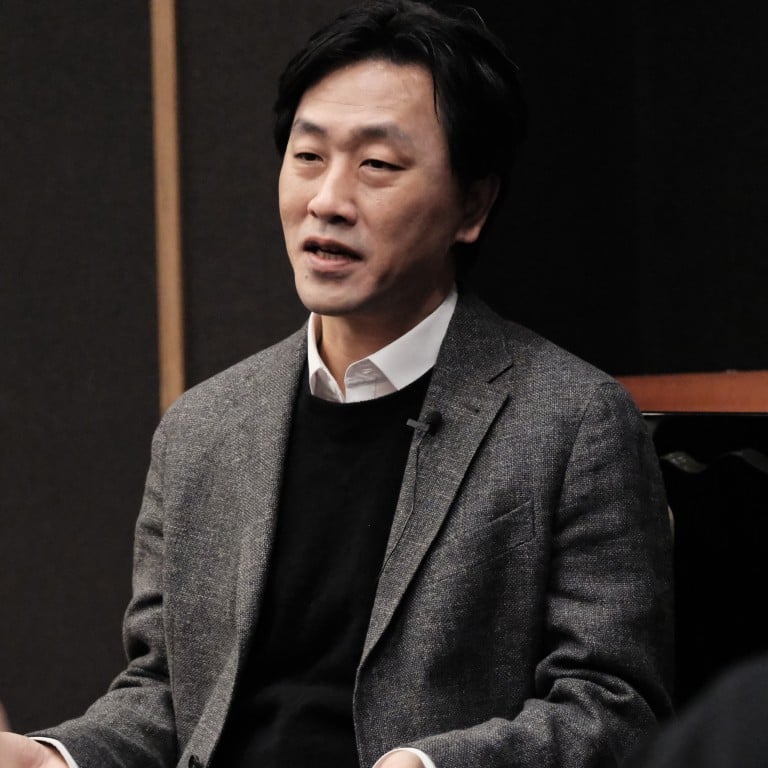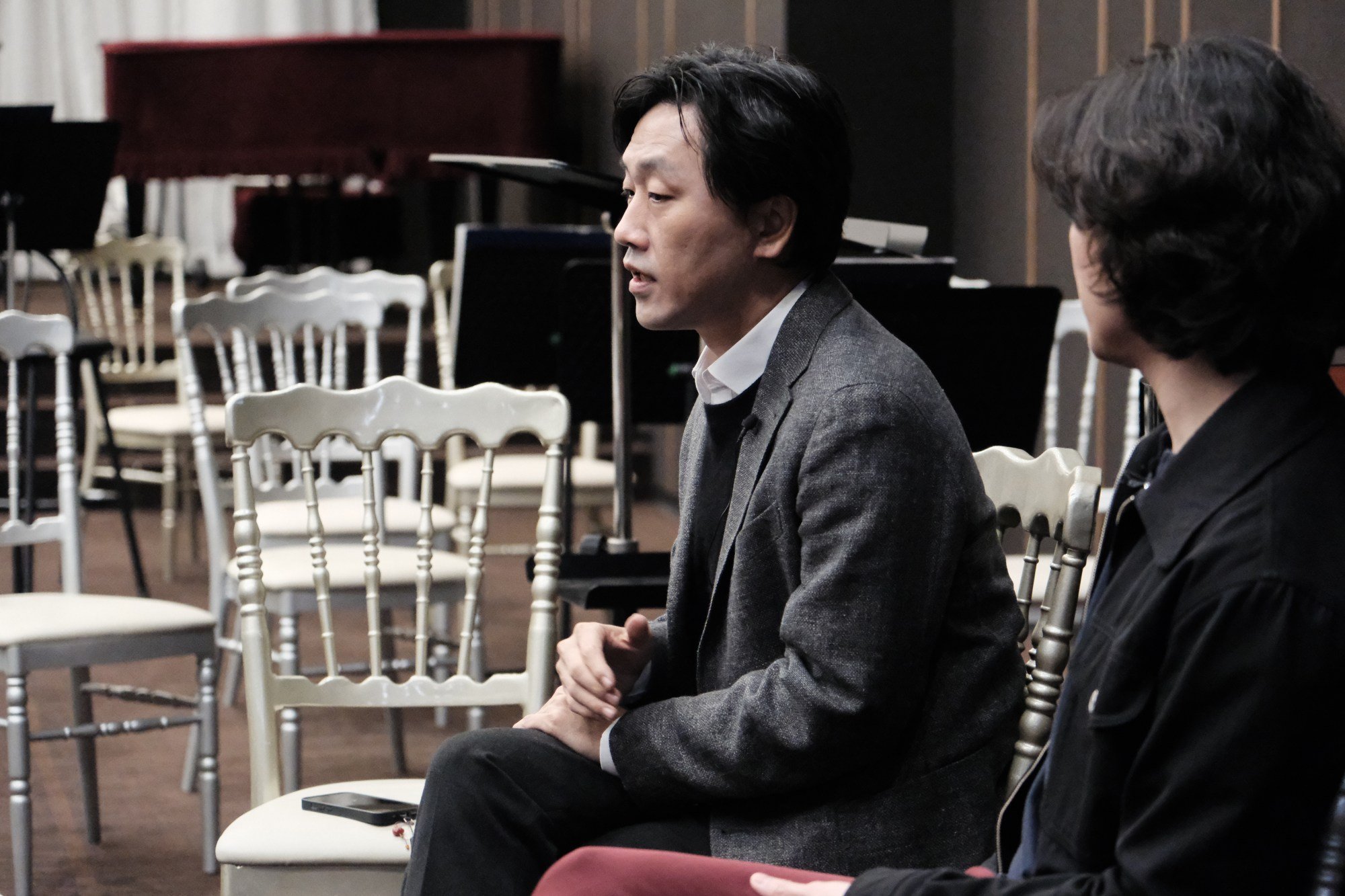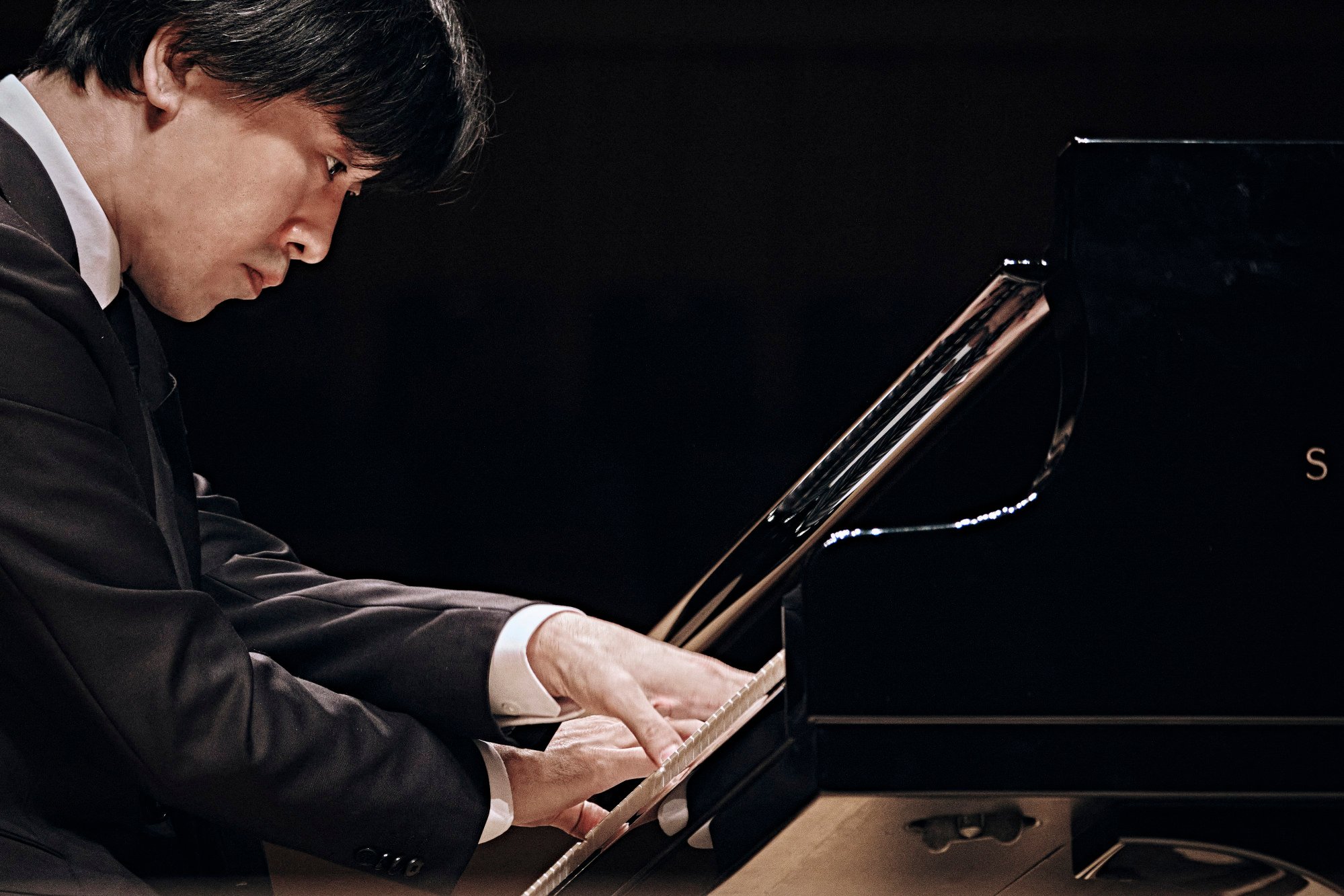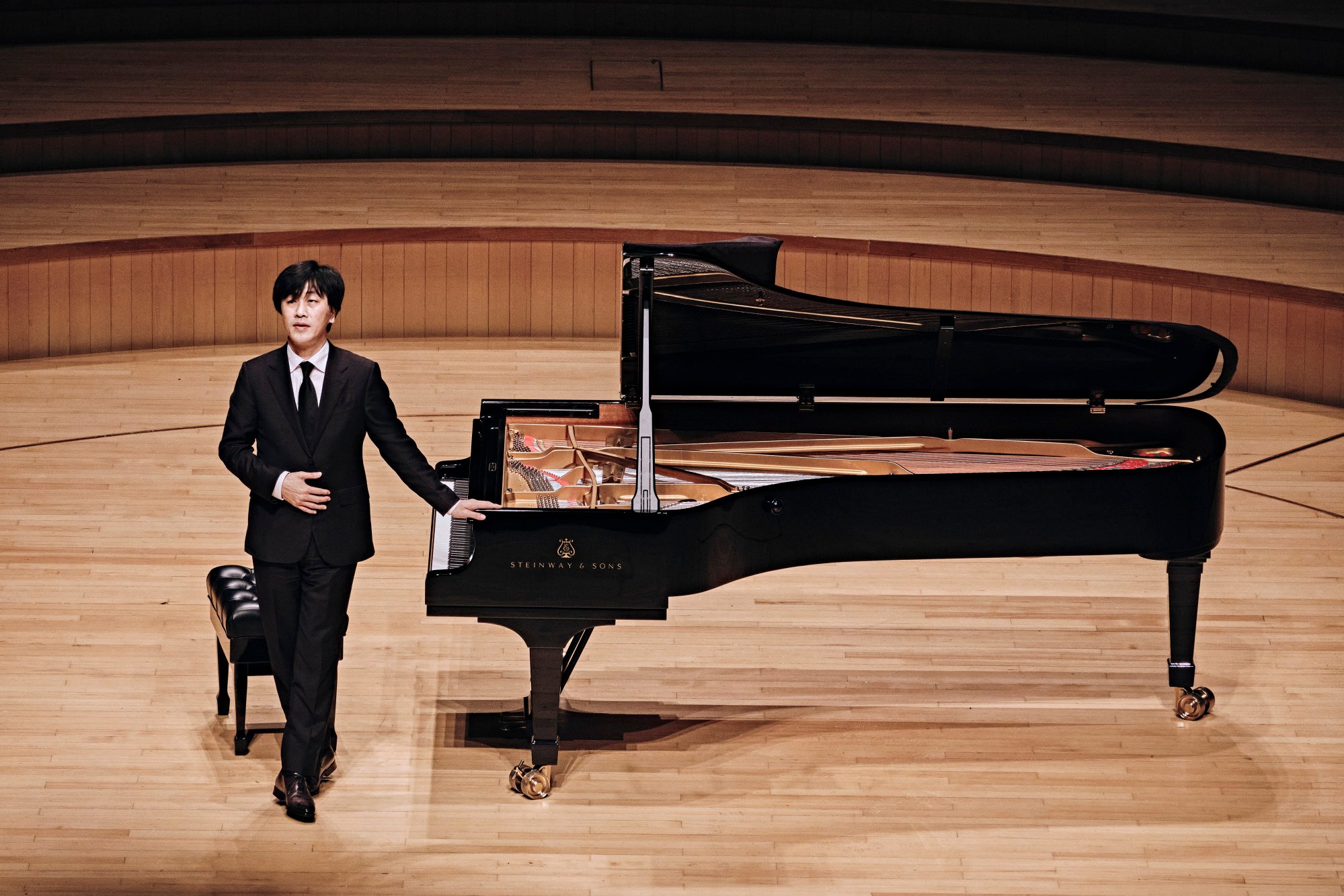
‘Completely honest, with no fear’: pianist Minsoo Sohn – teacher of prodigy Yunchan Lim – on his approach to music, and South Korea’s growing classical music scene
- Minsoo Sohn comes from a musical family and does not remember when he first started playing – “When I woke up, I was playing the piano”
- The pianist, who will perform in the 2024 Hong Kong Arts Festival, reflects on South Korea’s classical music scene and his role as a teacher to young musicians
South Korean pianist Minsoo Sohn takes people on a journey of profound emotions when he performs.
The stage is unadorned – it is just Sohn in his plain black suit and the piano – but his presence fills the space the moment he hits that first note.
His intense focus and seriousness towards his calling can be felt even from the second tier of seating in the Lotte Concert Hall in Seoul, South Korea, which holds more than 2,000 people.
More is revealed when Sohn speaks about his art. He talks slowly and calmly – quite unlike his explosive playing at the keyboard.

“I consider all those great composers as a gift from God to humanity. I think it’s a miraculous thing that they left us so much unbelievably beautiful music. Like classics in books and so many different fields, there is always something left for us to discover, especially in art.”
Why this young Hong Kong-born conductor chose to build his career in Seoul
Sohn likens playing in front of an audience to a sculptor’s work, with each concert and piece requiring the performer to express something. He says the central message always comes from the composer but that it is equally important that a performer finds their own voice in the music.
“It’s our duty and responsibility as a musician to constantly reach out to what has not been discovered yet.”
Sohn comes from a musical family. His mother was a singer and his father loved piano music. He says he does not remember when he first started playing the piano because he was so young – “When I woke up, I was playing the piano.”
He entered the prestigious Korea National University of Arts and, at the age of 18, moved to Boston in the United States to study at the New England Conservatory, where he learned under the late Russell Sherman and his Korean pianist wife, Byun Wha-kyung. In 2023, he became a professor at his American alma mater.
“I can definitely say that I cannot be the musician that I am today without the two teachers. Every day, I wake up and think ‘Oh my god, I was so lucky to have those two in my life’,” he says.
“[Byun] nurtured and taught me discipline like a mother will do for children. She gave me boundless love and put so much passion for music into my heart. [Sherman], of course, by his playing alone, gave me so much to aspire to. He taught me not just music but everything that relates to being a human being – history, society and politics.”

While Lim expresses a similar level of respect for Sohn to that which he himself holds for Sherman and Byun, Sohn says he still has a long way to go to become a truly influential teacher.
“I always think of ways to become a better teacher for my students, because I’m mostly dealing with these young and very temperamental minds. As young musicians, many are really suffering sometimes and they don’t really know which way to go.”
Pianist Paul Lewis’ touch sublime in Schubert recital series in Hong Kong
His student may have gained international recognition thanks to his win, but Sohn says he has mixed feelings towards the “monster called competition”.
He is no stranger to the format, having won many contests, domestic and international, as a young pianist.
“It’s an irony because music and competition don’t go together. That’s my belief,” he says. “I went through it. I’m dealing with every one of my students who just live and die by this thought of competition. I think that’s a sad reality.
“By saying ‘live or die’, I may be exaggerating a little bit, but some students really do think the competition is so important.”

But surely there is much to be learned from competitions, where musicians must learn different repertories in a short period of time? Such a challenge requires immense focus and leads to them tapping into their deepest potential and doing something that is seemingly impossible.
“Ideally, you are supposed to do that without competition,” Sohn says. “You are supposed to learn those demanding, diverse repertoires by yourself of your own will, because of your love for music.”
In the end, Sohn says there are many ways to become a musician, and deciding which direction to take is down to personal choice. What matters most is the musician’s intention.
“I’m not someone who’s opposed to the idea [of competitions], or someone who says things have to be either this or that way … but you have to live or die by the love of music. Sometimes, when you aspire to become successful, it’s a little bit of a different story.”
He is grateful that South Korea has developed into a wonderful place to be a classical musician in the past 20 years, as it was not always the case when he was young.
“Lots of wonderful musicians who studied abroad came back to Korea and became anchors for the young musicians. They started to teach what they learned from great masters of music. So the musical scene in Korea became so active and alive.
“There are great concerts happening every day in many different places – not just in Seoul, but in different parts of this country. Great music is always active and up and running.”

Van Zweden, who is about to leave the Hong Kong Philharmonic Orchestra, began his tenure as the music director of the Seoul Philharmonic Orchestra in January.
Sohn raises his voice only once during our interview – when he mimics his mentor, the late Sherman.
“He always yelled at me – ‘Don’t be polite! There’s no politeness in music!’” Sohn says in an animated voice. “Because you being polite means that you are thinking about other people’s feelings and you’re trying to behave.
“In music, you have to be completely honest with your feelings and become the most independent [version of yourself], with no fear to experiment and speak out if you believe in certain things.”
Pianist Lang Lang takes Beethoven to extremes with Hong Kong Philharmonic
In addition, he will host a masterclass for student pianists in Hong Kong, offering them a chance to get feedback from the most celebrated piano teacher in Korea right now.

